Aliens Aren't Visiting Earth: Is This What The US Government Hearings Are Really About?

Photo: Stephen Leonardi

Photo: Stephen Leonardi
This page is more than one year old and was last updated in November 2024.
Over the last couple of years, there has been a significant uptick in public attention towards Unidentified Aerial Phenomena (UAPs), colloquially known as UFOs. Most recently, there has been an unprecedented hearing on UAPs held by the US Congress.
While some ufologists see this as a long-awaited validation that extraterrestrials really are buzzing our airspace, the truth behind the hearings is likely far less otherworldly. It's funny how conspiracy theorists vehemently distrust the government, but when the official agenda starts to match their own beliefs they stop questioning what they're being told. The question we should be asking is: why is the US government suddenly engaging with this issue so publicly?
One possible reason why Congress entertains such fanciful stories is that they are using the fascination surrounding UAPs as a strategic misdirection.
We're all aware of the situation in Ukraine and Russia's increasing threat to the Western world. Plus, there have been reports of a Chinese spy balloon drifting across the United States recently. The attention drawn to UAPs could be serving several practical purposes in this landscape of escalating geopolitical tensions.
By increasing the general public's awareness about unusual aerial activities, civilians may become more vigilant and report unusual sightings in the sky, which could, in reality, be potential foreign surveillance or military activities. This would effectively mean the public are crowdsourcing part of the early warning system. This method is far less alarming than asking citizens directly to be on the lookout for enemy aircraft, which could raise fears of World War Three or a nuclear Armageddon.
This may not be the first time the government has used this strategy of misdirection and mobilisation. Are today's UAP any different to reports of Foo Fighters during the Second World War? Then, during the Cold War, another period when US airspace was at risk of foreign invasion, the government also talked publicly about UFO sightings and their efforts to investigate them.
Its echoes can be heard as far back as the Cold War, when public interest in UFOs was piqued against a backdrop of heightened military development and covert activities. The most obvious example of this occurred in 1947, a year that coincided with the absolute peak of Cold War instability.
On 24 June 1947, Kenneth Arnold, a civilian pilot, reported seeing nine objects flying in a chain near Mount Rainier, Washington. He described their movement as "like a saucer if you skip it across water", leading to the press interpreting his description as "flying saucer". This term was then widely adopted by the media and the public to describe unidentified flying objects of a particular shape.
The following month marked the events of the infamous Roswell incident when a supposed UFO crash in New Mexico sparked widespread speculation and conspiracy theories about alien visitations. While some firmly believed an alien craft had crashed, skeptics argue it was likely a classified military project. Either way, the incident significantly amplified public interest in "flying saucers" and unidentified flying objects in general. The military's initial press release describing the recovery of a "flying disc" fuelled this interest, even though they later retracted this statement and claimed it was a weather balloon.
The Roswell incident coincided with the beginning of Project Blue Book, an official United States Air Force inquiry into UAPs that ran from 1947 to 1969. Such a coincidence has led some to suggest that the public’s fascination with UFOs served as a cover for secret military operations and advanced technology testing.
Alternatively, the intrigue surrounding UAPs could act as a smokescreen, diverting public attention from other contentious or delicate issues. The government could also leverage the perceived threat of UAPs to justify increased funding for aerospace defence and research projects, with support more readily available when a clear and present threat is perceived.
However, the increased transparency we see today could also be attributed to a genuine change in policy. Something that was hinted at in 2021 when we saw the creation of the Airborne Object Identification and Management Synchronisation Group (AOIMSG) and the passage of the related bill. This seems to suggest that there really is a heightened, official interest in UAPs from the US government. But is this all part of that same strategic programme of misdirection and mobilisation?
Politicians in America come from all walks of life and represent a wide range of opinions. It could be that UAPs have become a useful tool for some as UFOs are a surefire way to get media attention. Anything that sounds even remotely like 'aliens' is bound to make headlines. So, for politicians looking to get their names in the news, talking about UAPs is a quick win. There may also be a bit of a power play going on. In the complex world of politics, aligning oneself with a controversial or popular topic like UAPs can be a strategic move to stand out from the crowd or gain more influence.
During the hearing, the mention of "biologics" and "non-human" bodies would certainly add fuel to the fascination of potential extraterrestrial visitors, yet these claims are far from conclusive. They do, however, increase the allure and sensationalism surrounding the topic, effectively making it a powerful media attention grabber.
It's important to remember that governments are multifaceted entities that can entertain multiple objectives simultaneously. Just because there's an official task force and legislation aimed at understanding and potentially reverse-engineering UFO technology, doesn't necessarily mean the government as a whole is giving credence to the idea of extraterrestrial visitors.
This means that when we hear that Congress is debating UAPs, it doesn't mean the entirety of the US government is taking the matter seriously. It could simply mean that it's a noisy subset of politicians who are trying to attract attention and maybe even distract from other issues.
Many lawmakers expressed skepticism during the hearing, which highlights that while the phenomenon is being taken seriously, there's still a large portion of the government that's doubtful of extraterrestrial explanations. The suggestion that these UAPs could be advanced technology from other nations or secret domestic programs reiterates the idea that this could be more of a security concern than a search for extraterrestrial life.
The idea of UAPs and alien life is undoubtedly exciting, but it's important to maintain a healthy level of skepticism and consider the complex interplay of factors at work. The reality behind these government hearings is likely more earthbound than it initially appears. So, while the truth might be out there, let's not forget to pay attention to the real-world games being played right here on Earth.
More On Congressional UAP Hearings
See All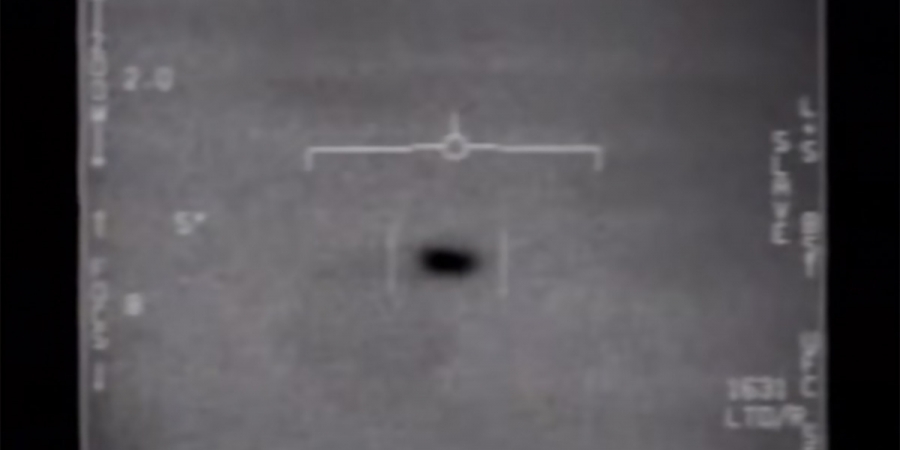
ArrayDecember 24, 2024
2024's Year Of UAPs Quiz
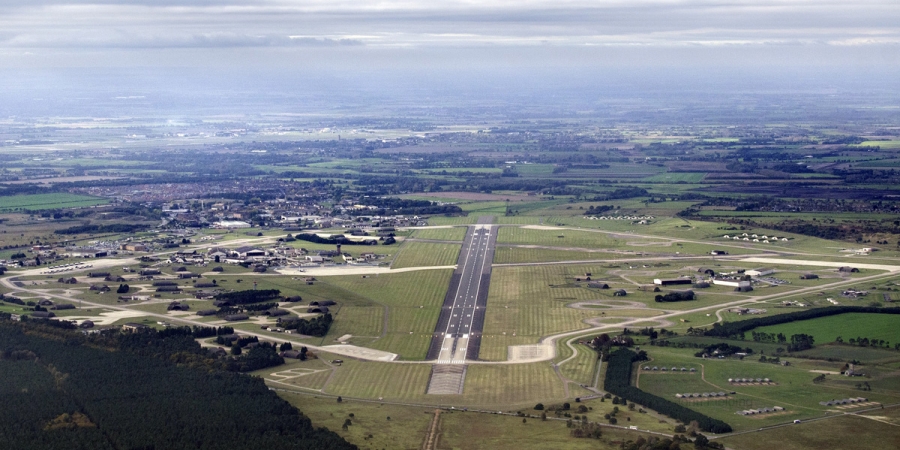
ArrayNovember 27, 2024
Multiple Drone Incursions Over UK Military Bases Spark Debate On UAPs
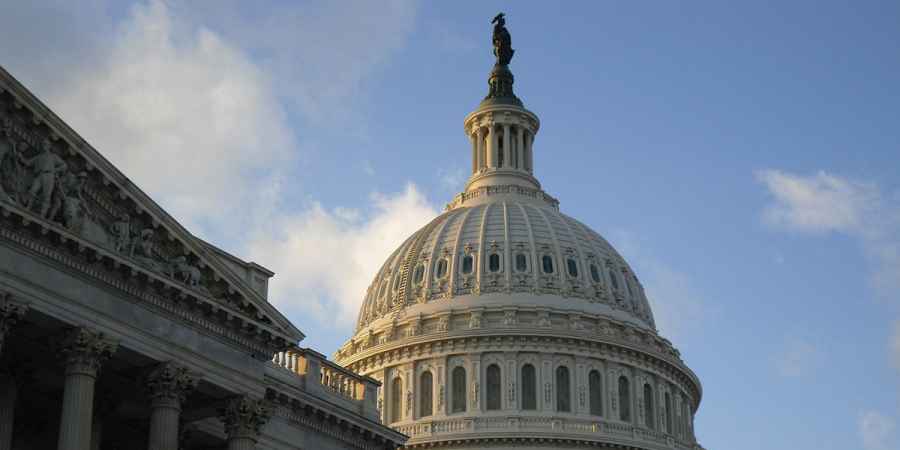
ArrayNovember 23, 2024
British Psychic Predicts Full Government Disclosure On UFOs In 2025

ArrayNovember 21, 2024
No 'Verifiable Evidence' Of Aliens Say Director Of Pentagon's UAP Office
Further Reading
Dive into the world of the paranormal and unexplained with books by Higgypop creator and writer Steve Higgins.
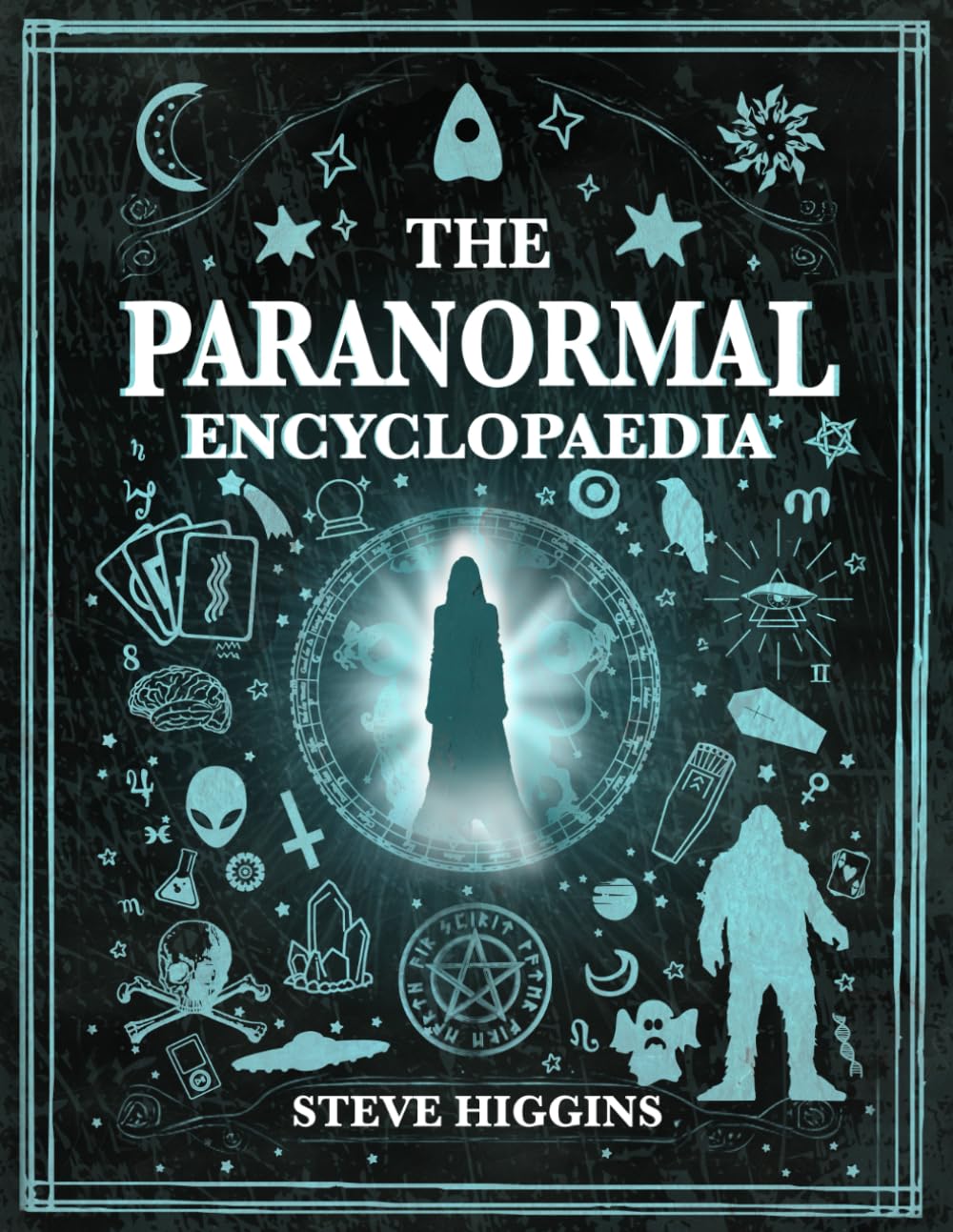
The Paranormal Encyclopaedia
A comprehensive encyclopaedia of over 200 unexplained topics, from mind reading to Ouija boards.
Buy Now
Whispers From The Other Side
A guide to capturing and analysing EVPs for ghost hunters of all levels, covering techniques and theories.
Buy NowMore Like This
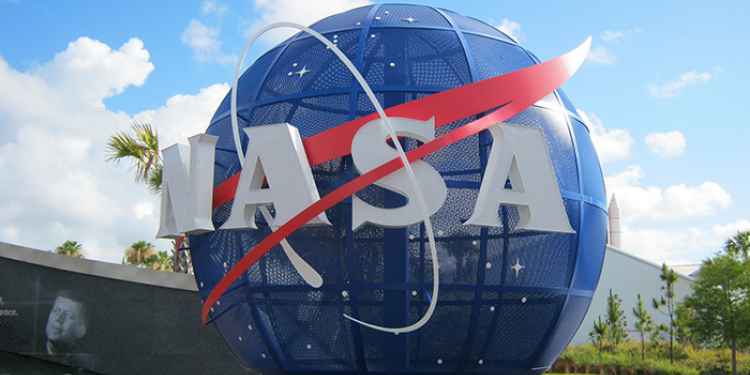
UfosApril 12, 2025
What Do Astronauts Say About UFOs?

UfosApril 04, 2025
David Grusch Claims US Government Possesses Multiple "Non-Human" Craft
 See More on Audible
See More on Audible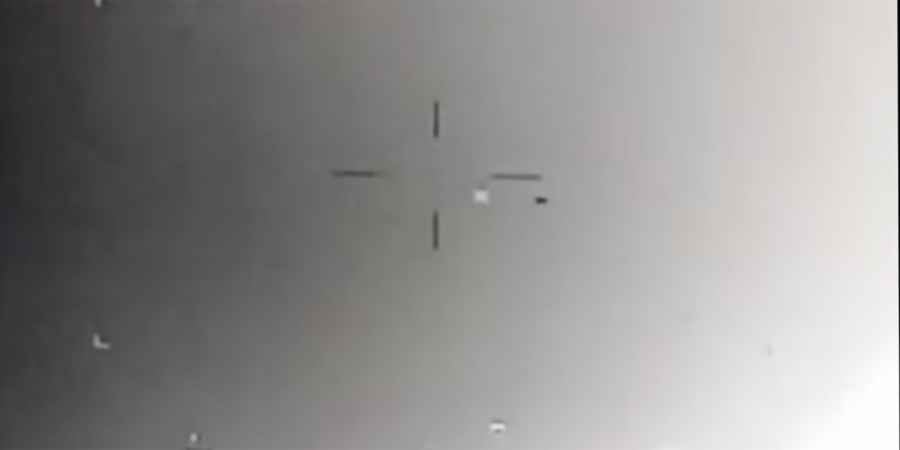
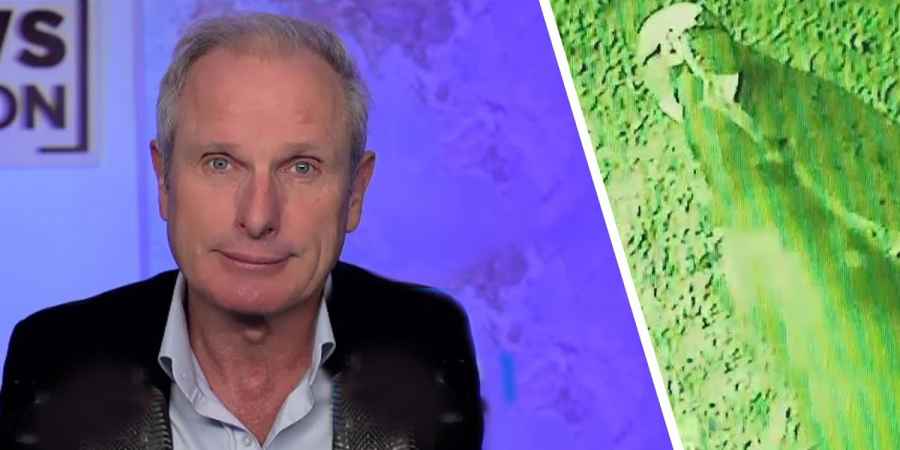

Comments
Want To Join The Conversation?
Sign in or create an account to leave a comment.
Sign In
Create Account
Account Settings
Be the first to comment.